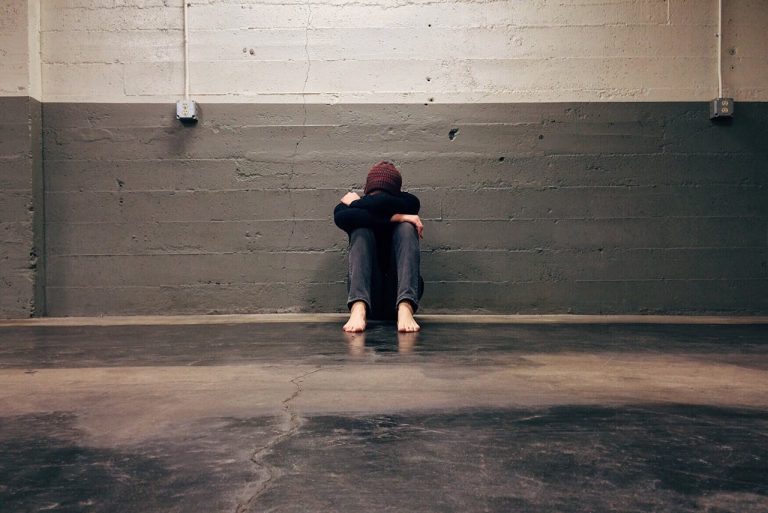
Is family therapy worth it?

Family therapy is very beneficial for many families. It provides a safe space to address conflicts, improve communication, and strengthen relationships. Many people find that having a neutral third party helps them navigate difficult conversations and understand each other’s perspectives better.
Why not just address the issues as a family without really having a family therapist?
You may wonder, why not just address the issues as a family without really having a family therapist?
Talking as a family is definitely important, and many families do that successfully. However, sometimes emotions can run high, and old patterns of communication can resurface, making it hard to have productive conversations. A therapist can help create a safe environment, guide the discussion, and ensure that everyone feels heard. They can also offer strategies to improve communication and resolve conflicts more effectively. It’s like having a referee and a coach at the same time!
Most family that have gone through it can attest to it that is really worth it.
What is the success rate of family therapy?
The success rate of family therapy varies depending on several factors including;
- The type of issue being addressed
- The commitment of the family members
- The skill of the therapist
- The therapeutic approach used.
However, some general statistics can provide insight into its effectiveness:
- Families experiencing issues such as communication breakdowns, conflict, and behavioral problems – 60-75% effective
- Adolescent behavioral problems – success rates of 70-90%
- Marital conflict: 50-70% effective in improving relationship satisfaction and resolving conflicts.
- Mental health conditions: Family therapy is particularly successful in reducing relapse rates in individuals with schizophrenia when combined with medication, with studies showing a reduction in relapse rates by up to 20-50%.
- Long-term impact: The benefits of family therapy tend to last beyond the duration of therapy, as it provides tools for better communication, problem-solving, and conflict resolution that families can continue to use.
It is important to note that for families dealing with substance abuse issues, particularly with adolescents, family-based interventions have proven to be more effective than individual therapy alone. Studies show it can reduce relapse rates and improve long-term recovery outcomes.
How do I know if my family needs therapy?
Want to determine if your family might benefit from therapy? It is quite simple! It just involves assessing the dynamics and communication within your family. Here are some signs that suggest family therapy could be helpful:
- Constant conflict or frequent arguments-If your family is stuck in a cycle of unresolved arguments, or communication often leads to conflict, therapy can help improve communication patterns and conflict resolution skills.
- Breakdown in communication-When family members feel unheard or misunderstood, or if open and honest communication has deteriorated, therapy can help restore productive dialogue.
- Emotional distancing-If there is noticeable emotional distance, disconnection, or avoidance among family members, it might be a sign that unresolved issues are causing estrangement.
- Life transitions causing stress-Major life changes—such as a divorce, death, moving, or significant changes in health—can cause strain within a family. Therapy can help navigate these transitions and support adaptation.
- Behavioral issues in children or adolescents-Sudden or severe changes in a child’s behavior, such as acting out, withdrawal, academic struggles, or defiance, may be a sign that there are deeper family issues that need addressing.
- Substance abuse or addiction-If a family member is struggling with addiction or substance abuse, family therapy can help support both the individual and the entire family by improving understanding, boundaries, and communication.
- Mental health concerns-If a family member is dealing with mental health challenges such as depression, anxiety, or trauma, and it’s affecting family dynamics, therapy can help everyone cope more effectively and support each other.
- Parent-child conflict-Constant conflict between parents and children, power struggles, or a lack of parental authority may suggest that family therapy could help improve relationships and parenting strategies.
- Blended family challenges-For blended families, integrating new family members or navigating complex relationships can be difficult. Therapy can provide a neutral space to address issues related to step-parenting and sibling relationships.
- Emotional or physical abuse-If there are concerns about emotional or physical abuse, it’s important to seek professional help. Family therapy might not be suitable until safety concerns are addressed, but individual support is critical.
Family therapy can provide a safe space for exploring these issues, fostering better understanding, and improving family cohesion.
When is family therapy not suitable?
While family therapy is very beneficial and has a very high success rate, there are situations when it may not be suitable. Such situations include:
When there’s ongoing abuse: If one family member is actively abusive (emotionally, physically, or sexually), family therapy might not be safe for the victim. In such cases, individual therapy and addressing the abuse separately may be better.
Untreated severe mental illness: When a family member has a severe mental health disorder, such as untreated psychosis or schizophrenia, the condition should be stabilized first with individual care before family therapy can be effective.
Lack of willingness: If family members are not willing to participate genuinely or are forced into therapy, it might be counterproductive. Therapy relies on mutual commitment to the process.
Safety concerns: When therapy may escalate conflict or violence among family members, it can pose significant safety risks. It’s important to assess the dynamics before proceeding.
Conflicting goals: If family members have conflicting goals or aren’t interested in resolving their issues together, family therapy can become a space for further conflict rather than resolution.
Substance abuse without treatment: If a family member is struggling with untreated substance abuse, they may not be ready for family therapy until they’ve begun recovery, as their participation might not be constructive. The other family members need treatment too, which may not be initiated in the presence of the identified patient.
In such cases, we prioritize individual therapy or specific interventions targeting the root issues.

